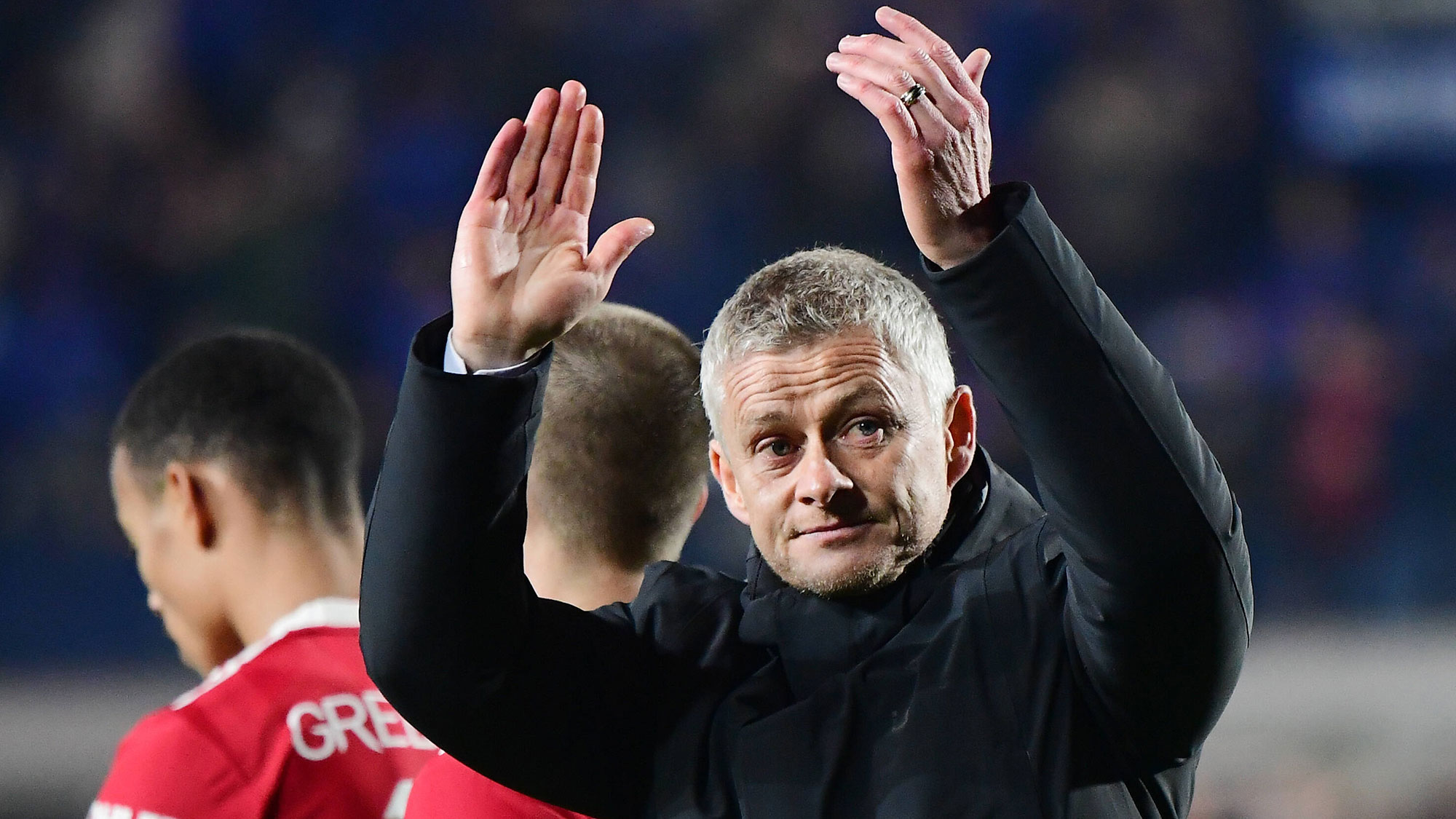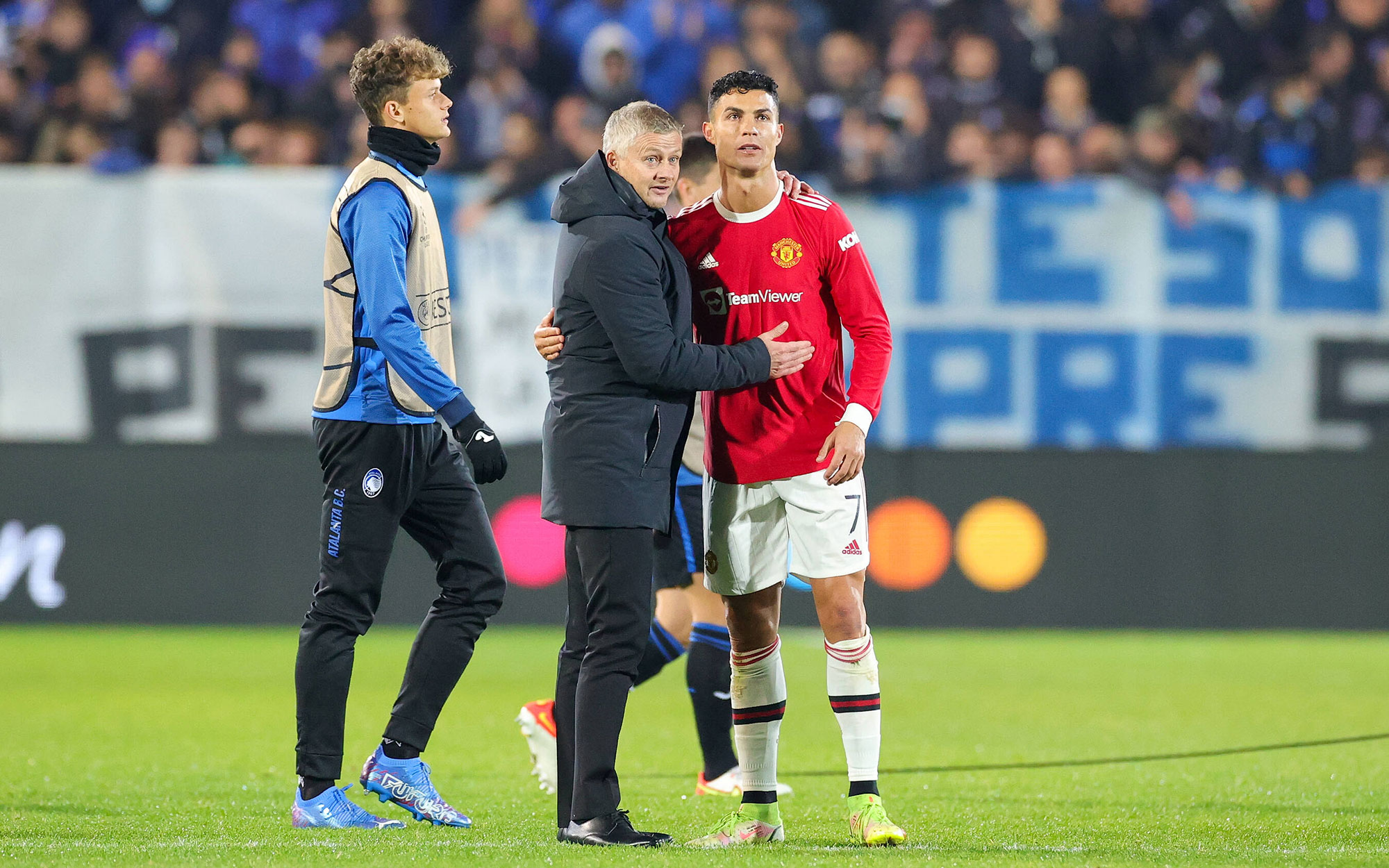The Ignominious End to Ole's Time at Man United's Wheel

In the end, the main emotion was of resignation. Some managerial reigns end amid acrimony, some amid anger and recrimination. Ole Gunnar Solskjaer’s at Manchester United comes to an end amid sadness. After Man United’s 4-1 defeat away at Watford, Solskjaer admitted his side had been “outfought,” that they had not been mentally right for the game, that “we’re embarrassed losing the way we do,” but remained relatively defiant, up until the final question. Asked, “How low are you feeling right now?” he gave a great sigh, and in that moment he looked broken. “Very,” he eventually replied.
He had just been booed by a section of the away fans, which until now had been supportive. His goal in injury time in the 1999 Champions League final will excuse many humiliations, but not this. Being hammered by a side fourth from the bottom of the table and apparently sinking fast was a disgrace too far.
United has taken four points from its last seven league games, a run during which it has let in four goals at Leicester and Watford, been hammered 5–0 at home by Liverpool and, against Manchester City, suffered one of the most humbling and one-sided 2–0 defeats imaginable. Players have begun making dreadful individual errors. On Saturday it was Harry Maguire, conceding possession with a heavy touch then lunging after the ball and collecting a second yellow card to hamper a potential comeback. This is a squad devoid of confidence and belief, and that stems, ultimately, from the lack of structure.

Solskjaer was the perfect caretaker manager when José Mourinho left three years ago. Mourinho left a legacy of toxicity, and Solskjaer, a club legend and a decent man, was the perfect person to clear it up. He was remarkably successful at doing that, which tempted the United board—demonstrating its familiar lack of football judgment—to give him the job full-time.
There were bright spots. There was a run to the Europa League final. There were a slightly baffling series of wins over Man City. There was a run of 29 away league games undefeated that only ended against Leicester in October. But until the start of this season, there was one recurring problem, and that was United’s inability to break down teams that sat deep against it. Sometimes it would—if you have great individual forwards you will score goals—but too often its attacks foundered against the likes of West Brom and Sheffield United and, perhaps most revealingly, against Villarreal in the Europa League final. That ability to construct a coherent attack, rather than simply relying on great players to improvise, is what in modern football differentiates the very best coaches, the likes of Pep Guardiola, Thomas Tuchel and Jürgen Klopp, from the rest. That, more than anything else, was why the sense lingered among so many that Solskjaer was not quite cut out for the United job.
That has all been complicated this season by the arrival of Cristiano Ronaldo, a desperate and misguided move by a board in thrall to nostalgia and the notion that United, rather than being a football club, is primarily a content producer. Former players and even Sir Alex Ferguson insisted it was unthinkable that Ronaldo could be allowed to go to Man City and so United is lumbered with a player who scores late goals by the bucketload—which if nothing else has kept the Champions League campaign alive—but whose lack of pressing unbalances the whole squad and places enormous pressure on the back of midfield, the area where United is weakest. (Ronaldo still has his apologists, but he makes teams unmanageable: in the past three-and-a-half years he has seen off Zinedine Zidane, Max Allegri, Maurizio Sarri, Andrea Pirlo and Solskjaer).

To compromise the defensive structure in a team already lacking attacking structure has had predictable consequences. Performances from United this season have been worse than at any stage since relegation in 1973-74. The last manager before Solskjaer to last so long and win nothing was Dave Sexton, who was dismissed in 1981.
And that is an indictment of a board increasingly characterized by inertia. By failing to act, it has missed out on Mauricio Pochettino, Tuchel and, perhaps most unforgivably of all, Antonio Conte. Had it acted three weeks ago, he could be at Old Trafford rather than Tottenham now. Scattered reports of United interest in Zidane, Pochettino, Brenden Rodgers and Erik ten Hag all make clear what had been building for weeks, as Solskjaer wobbled and was judged from match to match, with each one seeming like an audition: there is—and has been—no long-term plan. United's regretful statement of Solskjaer's departure read like a club that desperately wanted him to be the answer, and now it's left scrambling for another one, again.
United, which has installed Michael Carrick on an interim basis while it searches for both another interim manager to see out the season and then a long-term solution, now faces an awkward way forward. It is a rich club with a huge fanbase and great expectations. But it has always been a difficult club to manage—only three managers have ever won the league there—and this squad, unbalanced and downtrodden despite the investment that's gone into building it, combined with a board that blunders from one crisis of its own making to the next, means there is a massive rebuilding job to be done.
More Soccer Coverage:
